The Cord ⭐️⭐️📍Bush Theatre
“Sometimes when I look at him, I feel like he’s me. But if the baby is me, then who am I? You?” When I had read the writer of The Cord had worked on writing a few episodes of the recent Netflix iteration of One Day, (and who also has a writer credit for Barber […]
The Little Shop of Horrors ⭐️⭐️⭐️⭐️📍Ford’s Theatre

My very first time at the Ford’s Theatre was a rather exciting visit. For a start, the theatre is a historical preserved museum. The reason for this is that the former president of the USA, Abraham Lincoln, was assassinated in the box above stage left (practically, on stage!). Therefore this is a first for me: […]
REVIEW: My Beautiful Laundrette ⭐️⭐️⭐️📍Leicester Curve

‘I’m fixing you up with a job. With your uncle. Work now, till you go back to college. If your face gets any longer here you’ll overbalance… Or I’ll commit suicide’ – Papa, My Beautiful Laundrette British-Pakistani writer Hanif Kureishi specialises in books and screenplays that hold up a mirror to an unequal society […]
REVIEW: The Witches ⭐️⭐️⭐️⭐️ 📍Olivier Theatre, National Theatre
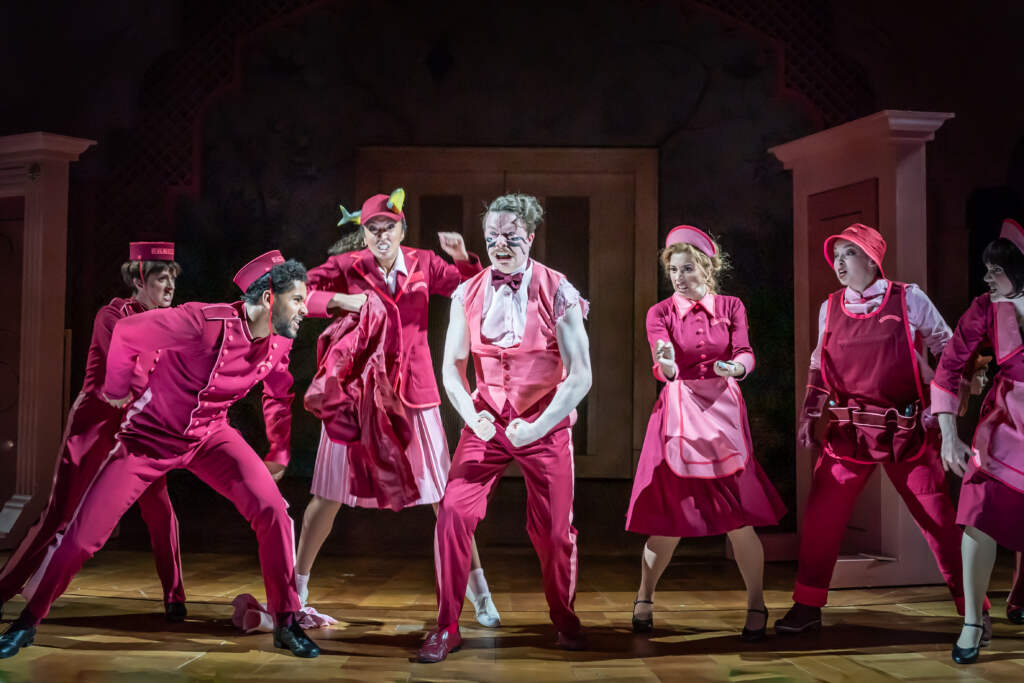
For those of you who have never come across The Witches, the book was originally published by Roald Dahl’s publisher Jonathan Cape in 1983. It was originally illustrated by Quentin Blake. Seven years after its publication, the book gained its very own movie adaptation (the first, and with a more recent one starring Anne Hathaway […]
REVIEW: Arcadia ⭐️⭐️ 📍The West End Theatre, NY (263 W, 86th St)
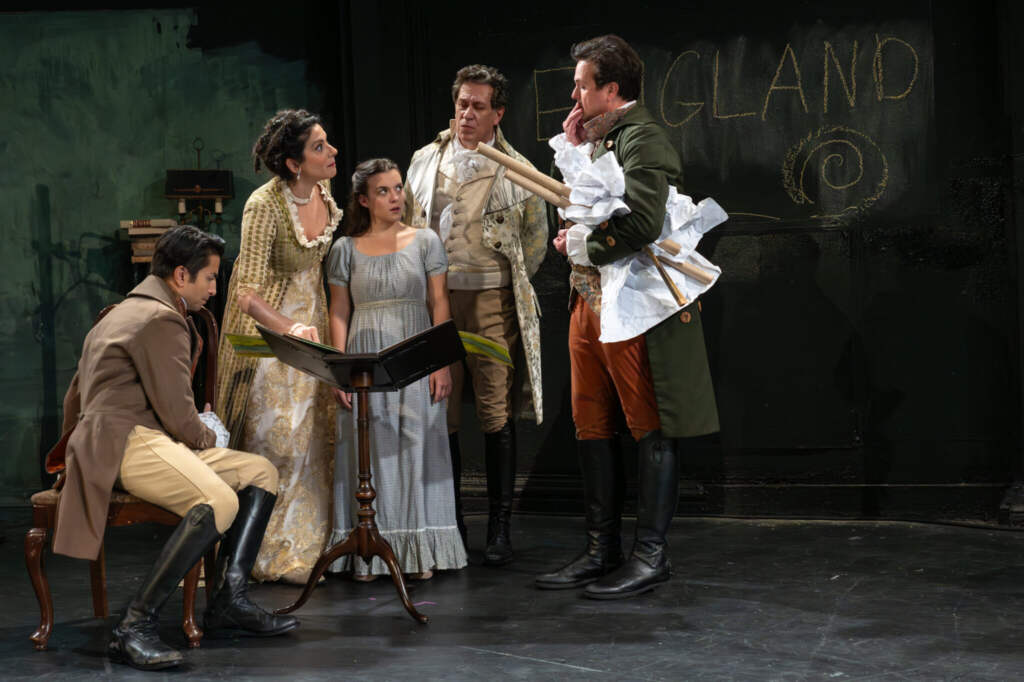
In the time that I spent in New York last month, the second half of my trip meant I was staying a stone’s throw from the West End Theatre — 263 W 86th St (between Broadway and West End). I was really grateful to be invited to review a stalwart of British Theatre’s works over […]
REVIEW: Purlie Victorious ⭐️⭐️⭐⭐️⭐️ 📍Music Box Theatre

When I was told that I’d been invited to see a show about a revived American show (only a mere sixty-two years later) by the late Ossie Davis in which a Black preacher’s attempts to reclaim his inheritance, you would have thought it’d got nothing to do with someone like me. For a start, I’m not American […]
REVIEW: DIANA: The Untold & Untrue Story ⭐️ ⭐️ ⭐️ ⭐️ 📍Clapham Grand
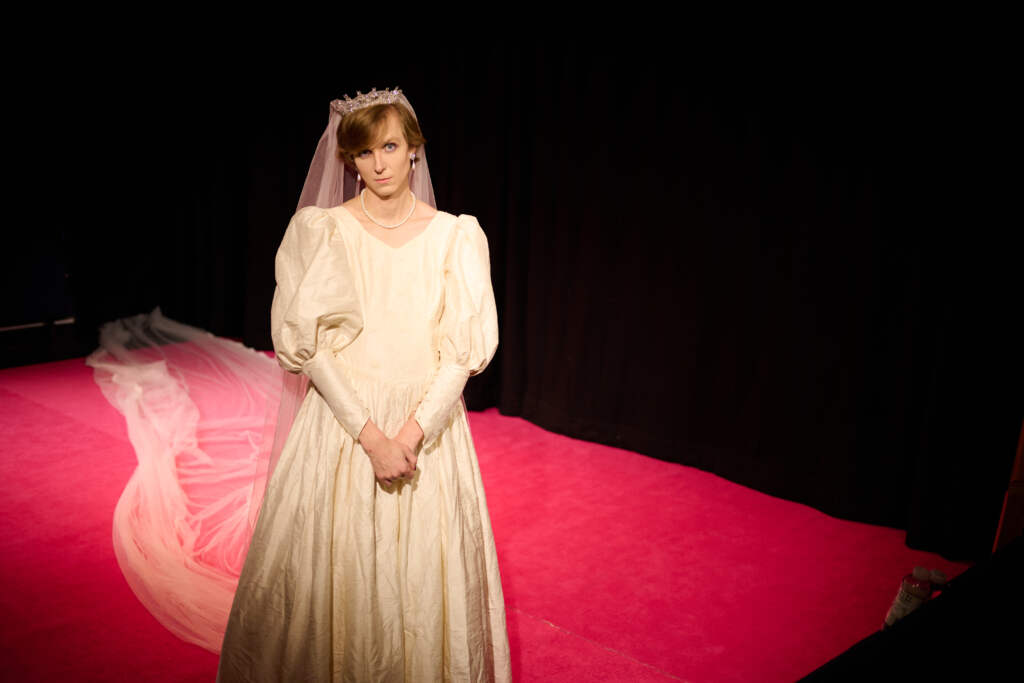
With the recent West End show in Backstairs Billy, and The Windsors: Endgame the theme of Royalty isn’t something that creators of theatre shy away from. That’s why when Diana: The Untold & Untrue Story was announced as being transferred to the Clapham Grand following successes off-West End, an Edinburgh Festival stint and UK tour […]
REVIEW: Oliver! ⭐️⭐️⭐️⭐️⭐️📍Quarry Theatre, Leeds Playhouse
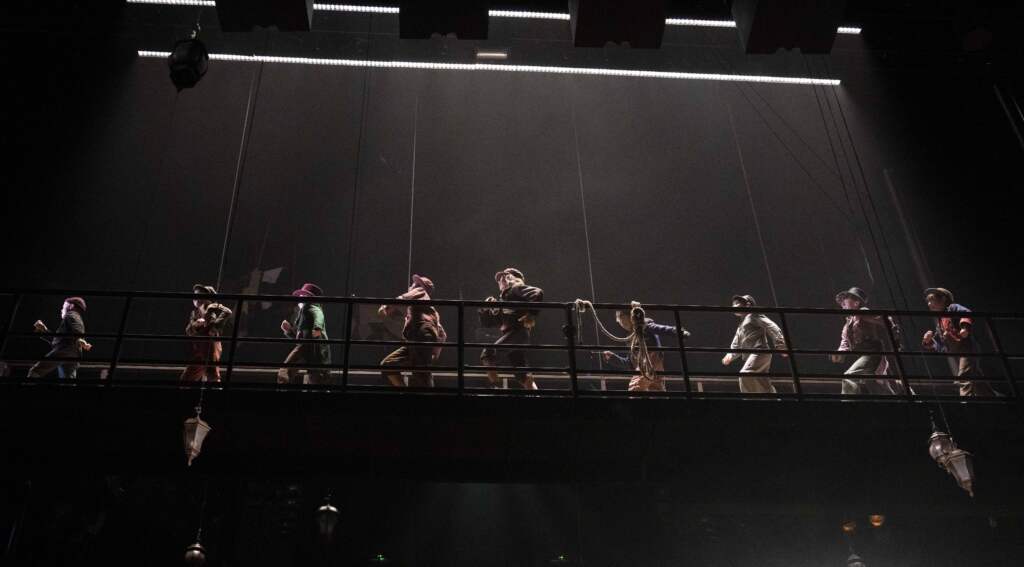
By Hamza Jahanzeb 09 Dec 2023 ‘Consider yourself at home Consider yourself one of the family!’ The concept of the musical Oliver! stems from the novel Oliver Twist by Charles Dickens which was written in 1838. In true Dickensian fashion, it tackles life in the lowest rungs of society classes of the Victorian period […]
REVIEW: The Gardens of Anuncia ⭐️⭐️⭐⭐️📍Newhouse Theater, Lincoln Center Theater
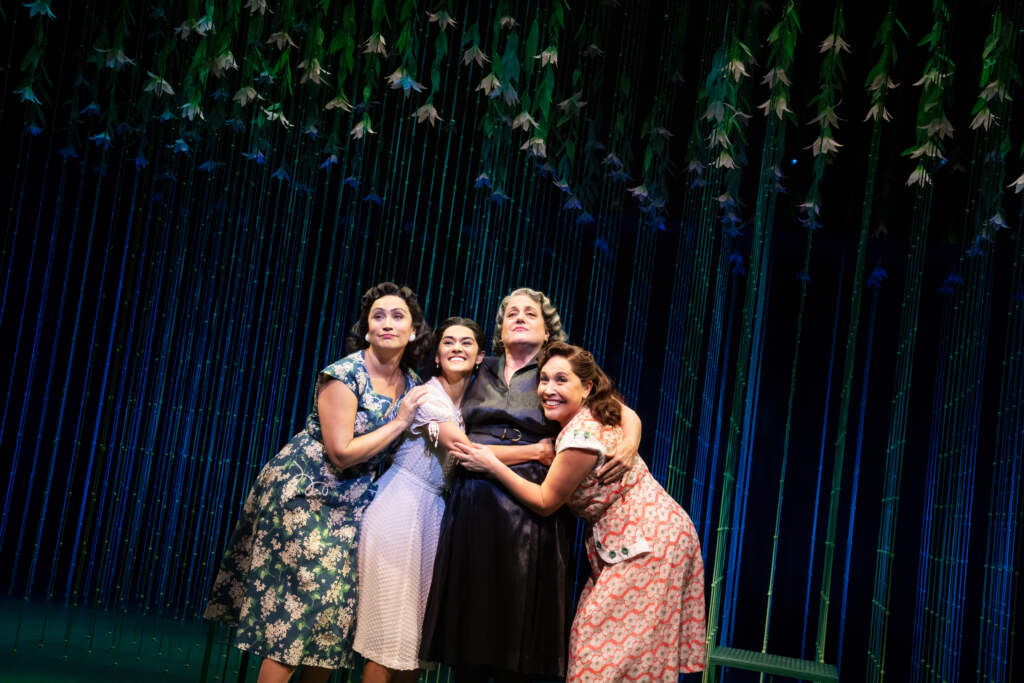
Prior to The Garden of Anuncia‘s New York Off-Broadway debut, it was already commissioned by The Old Globe in San Diego in their 2021-22 season. This iteration that I had the pleasure to view yesterday included the Tony-nominated Priscilla Lopez, whilst most of the cast remain (including former Wicked Elphaba Eden Espinosa). The story centres on the Broadway legend […]
REVIEW: Elephant ⭐️⭐️⭐️⭐️ 📍Bush Theatre
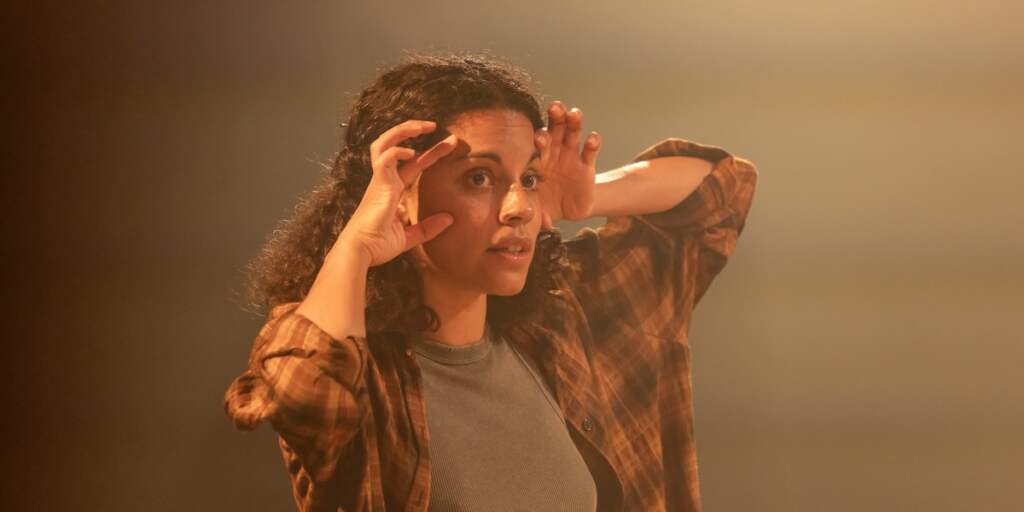
In this personal and rather intimate piece, there’s something for everyone: the music lover, the fan of narrative engaging empires (British or otherwise), and the intimate theatre lover. I first came across the performer headlining this solo show in their turn at the new edition of Oklahoma! at the Young Vic, and was aware of […]